In industrial chocolate, bakery, and confectionery production, cocoa butter is indispensable for its melting behavior, texture, and flavor release. However, the high cost, supply fluctuations, or specific product requirements often push manufacturers to consider cocoa butter substitutes.
For factories and production plants in Libya, sourcing a reliable cocoa butter alternative is not simply a matter of price—it impacts batch consistency, processing efficiency, and final product quality. Selecting the right supplier can streamline procurement, reduce operational risks, and enhance cost-effectiveness without compromising on sensory characteristics.
At MT Royal, we’ve supplied Libyan manufacturers with a variety of cocoa butter substitutes, including premium options like Latamarko, which embody European precision and quality. This article provides a deep dive into cocoa butter substitutes, procurement strategies, industrial considerations, and actionable tips for production managers and procurement officers.
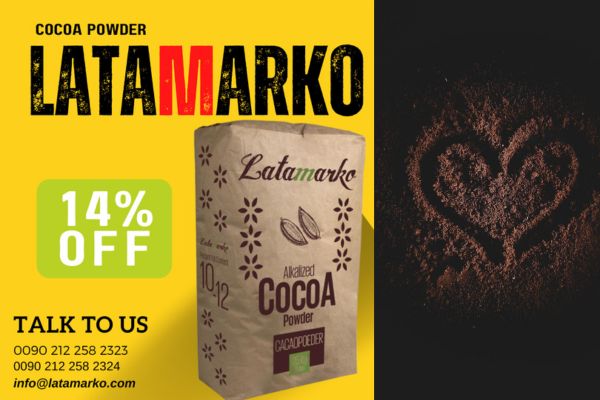
Understanding Cocoa Butter Substitutes
What Are Cocoa Butter Substitutes?
Cocoa butter substitutes are vegetable fats or blends designed to mimic the melting profile, texture, and functional properties of cocoa butter. Common categories include:
- CBEs (Cocoa Butter Equivalents): Fats compatible with cocoa butter in chocolate production
- CBS (Cocoa Butter Substitutes): Fully or partially replace cocoa butter in formulations
- CBE blends: Mixed with other vegetable fats to meet specific processing or cost targets
Key attributes of substitutes:
- Melting point alignment with cocoa butter (around 34–38°C)
- Crystal structure compatibility for tempering
- Neutral or complementary flavor profile
Industrial Relevance
Natural cocoa butter is expensive and sensitive to temperature, which can challenge large-scale production. Substitutes help factories:
- Reduce costs without compromising quality
- Adapt to different processing conditions
- Ensure consistent texture and flow in mass production
Why Libya Is a Strategic Location for Cocoa Butter Substitutes
Accessibility and Supply Chains
Libya’s Mediterranean ports—including Tripoli and Benghazi—provide convenient access to:
- European cocoa product markets
- North African industrial hubs
- Middle Eastern distribution networks
This geographic advantage reduces shipping lead times and ensures reliable supply for continuous production.
Cost Efficiency
Local and regional suppliers often offer competitive bulk pricing, enabling manufacturers to balance cost and quality effectively.
Quality Assurance
Top suppliers in Libya adhere to ISO 22000 and HACCP standards, guaranteeing:
- Consistent fat composition
- Free from contaminants
- Traceability and batch certification
At MT Royal, we verify all cocoa butter substitutes to ensure industrial-grade reliability before delivery.
Key Industrial Benefits of Cocoa Butter Substitutes
1. Cost Optimization
Substitutes lower the cost of production without significantly altering texture or melting characteristics, allowing manufacturers to maintain margins in competitive markets.
2. Production Flexibility
- Compatible with different tempering systems
- Easier handling under high-volume processing conditions
- Reduced sensitivity to temperature fluctuations
3. Batch Consistency
Reliable substitutes ensure:
- Uniform melting behavior
- Stable viscosity for enrobing or molding
- Consistent product appearance and shelf life
4. Flavor and Aroma Maintenance
High-quality substitutes, particularly Latamarko and premium European blends, maintain neutral or complementary flavor, preserving chocolate and confectionery profiles.
5. Premium Product Differentiation
While cost-effective, substitutes like Latamarko CBEs allow manufacturers to create high-end products with consistent performance and superior texture.
Common Procurement Challenges for Industrial Buyers
Price-Driven Selection
Choosing suppliers solely on price can lead to:
- Inconsistent melting properties
- Increased rework and operational downtime
- Product defects or customer complaints
Supplier Verification
Ensure suppliers provide:
- Certified composition analysis
- Quality consistency over multiple batches
- Transparency in sourcing and traceability
Storage and Handling
Substitutes are sensitive to humidity and temperature. Improper storage may result in:
- Bloom formation
- Texture degradation
- Reduced shelf life
Production Line Integration
Differences in fat content or melting profile can affect tempering lines, molding, and enrobing, causing production delays.
Step-by-Step Guide to Industrial Sourcing
Step 1: Define Product Requirements
- Desired melting point and hardness
- Fat content and composition
- Compatibility with existing tempering or molding equipment
Step 2: Evaluate Suppliers
- Certifications: ISO 22000, HACCP
- Industrial experience with chocolate and confectionery production
- Supply consistency and lead time reliability
Step 3: Pilot Testing
Test small batches to confirm:
- Melt and flow properties
- Texture consistency
- Flavor neutrality or enhancement
Step 4: Cost and Inventory Analysis
- Consider bulk shipping, storage, and handling costs
- Balance premium substitutes for high-end products and cost-effective options for mass production
Step 5: Storage and Handling Optimization
- Maintain controlled temperature (20–25°C)
- Use moisture-proof packaging
- Rotate stock to prevent long-term degradation
Step 6: Continuous Supplier Performance Monitoring
- Track batch-to-batch consistency
- Measure production metrics like downtime and waste
- Adjust sourcing strategies based on performance data
Industrial Considerations for Large-Scale Production
- Dual sourcing strategy: Libyan bulk substitutes for standard lines, Latamarko premium CBEs for high-end products
- Temperature and humidity control to maintain crystal structure and prevent bloom
- Segmentation in production: Optimize cost while ensuring premium product quality
Case Study: Enhancing Chocolate Production in Libya
A major Libyan confectionery plant faced challenges with melting inconsistencies and tempering defects using standard cocoa butter. MT Royal implemented a solution:
- Introduced Latamarko CBE for premium products
- Combined with bulk Libyan substitutes for standard lines
- Improved storage practices and line adjustments for consistent melting
Result: Production downtime reduced by 20%, consistent texture across batches, and improved product quality for both standard and premium chocolates.
Comparison Table: Libyan Bulk vs Premium European CBEs
| Feature | Libyan Bulk | Premium European (Latamarko) |
|---|---|---|
| Cost | Lower | Higher |
| Melting Point Consistency | Moderate | Precise |
| Fat Composition | Variable | Controlled |
| Texture Performance | Good | Superior |
| Lead Time | Moderate | Predictable |
| Best Use | Mass production | Premium products |
| Downtime Risk | Moderate | Low |
Frequently Asked Questions (FAQ)
Q1: Can cocoa butter substitutes replace natural cocoa butter entirely?
A1: For many applications, yes. Premium substitutes like Latamarko CBEs are designed for full compatibility.
Q2: How should substitutes be stored?
A2: In a cool, dry environment, avoiding temperature fluctuations and humidity.
Q3: Why choose MT Royal as a supplier?
A3: We guarantee industrial-grade reliability, consistent quality, and supply chain transparency.
Q4: Are substitutes safe for high-end chocolate?
A4: Yes, especially European premium blends designed to match natural cocoa butter properties.
Q5: How to minimize production issues with substitutes?
A5: Pilot testing, controlled storage, and batch monitoring ensure smooth integration.
Conclusion
Sourcing cocoa butter substitutes in Libya offers industrial manufacturers cost savings, production reliability, and consistent quality. Partnering with MT Royal ensures access to trusted local and international suppliers, including premium Latamarko options, allowing factories to balance cost efficiency with high-end product quality.
In the competitive chocolate and confectionery industry, understanding fat behavior, supplier reliability, and production integration can transform operations and enhance product consistency, flavor, and texture—proving that strategic sourcing is just as critical as the recipe itself.
latamarko alkalized cocoa powder lm60
cocoa powder for chocolate production-Best price
Food industry raw materials – list of products
Types of Gelatin from Turkish Manufacturer
Alkalized Cocoa Powder Bulk Supplier


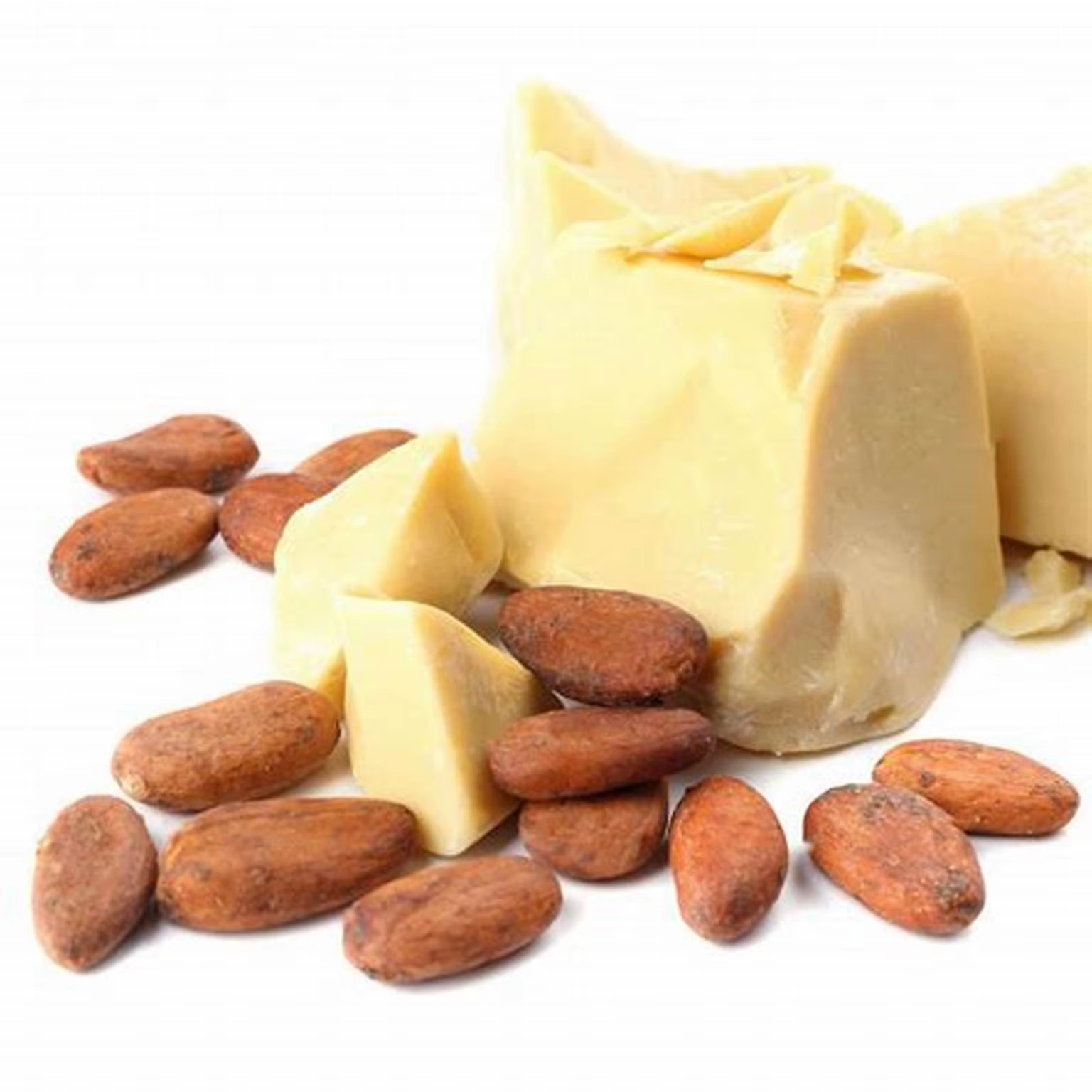
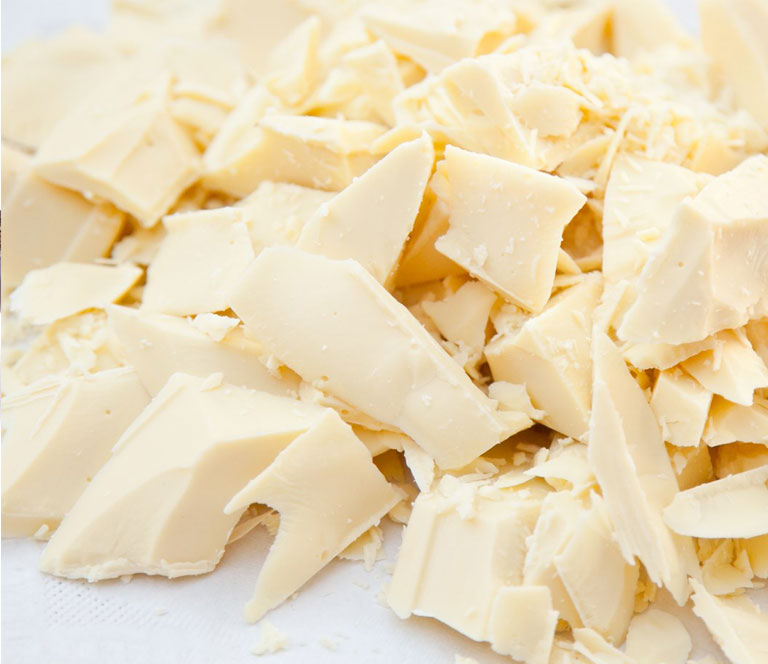
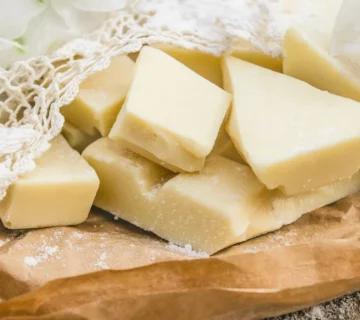
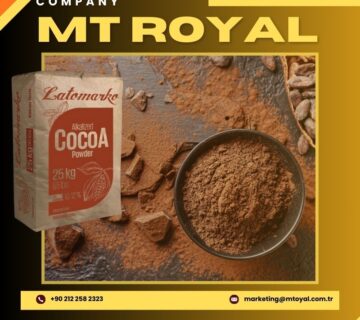
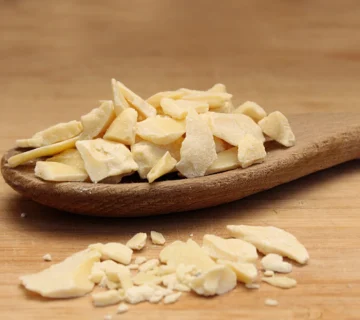
No comment